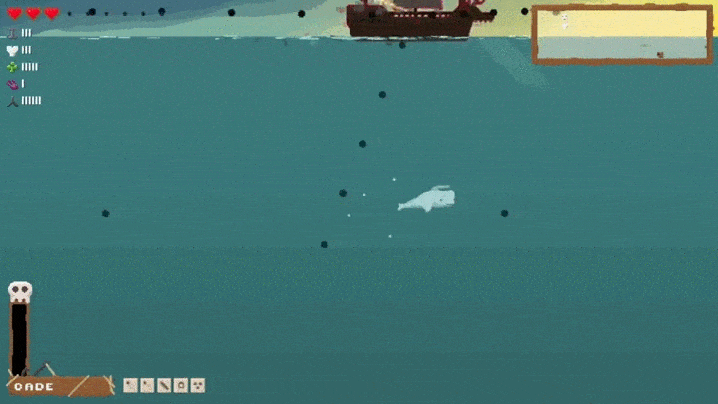
Last Week on the Colony is a new, regular Monday item here on Offworld, a special satellite transmission designed to highlight our favorite Offworld stories, wonderful trends, and the stories from elsewhere in the galaxy that got us talking. Sign up here to receive this digest each week via email—it's a great way to avoid missing anything.
Latest Features
Offworld was home to several wonderful features from visiting writers last week, including Kim Nguyen and her look at Netrunner, a living card game set in a dystopian future—and packed with diverse characters. Nguyen examines why the player base isn't quite as inclusive at the characters and lore of the game, and and how some members of its community are working to change it.
Meanwhile, game developer Liz Ryerson wrote a deeply personal reflection on her evolving relationship with Jon Blow's puzzle platform game Braid, and how it influenced her and the creation of her own game, Problem Attic.

Offworld Games
As usual, we found plenty of games to play, like Prune, an elegant "digital bonsai" experience where you carefully trim the branches of a tree as it grows towards the light. We were also fond of Pequod, a Moby Dick inspired game where you star as the ship-destroying white whale, and a suite of digital cartridges that evoke the strangeness and mystery of old arcade games.
Leigh also spotlighted the battling crane game simulator Claw Champion Earth, a game about dead virtual pets, the typing RPG Secret of Qwerty, and Never Go to Work, a delightful Twine game about desperately avoiding your job.
Transmissions from Elsewhere
Patricia Hernandez pointed us at a terrifying creepypasta tale about a haunted arcade, while Mark Serrels talked about the joy of multiplayer games like Splatoon and Rocket League where the stakes are lower, and maybe it's even ok to suck a little bit.

Not Games
While I might make my permanent residence at Offworld, I still make regular trips outside the colony to write at other sites; one of my recent articles at WIRED delves into the controversy currently roiling in the comic book industry around racial representation and appropriation. It's a complex but important conversation, and one that's equally applicable to a lot of other industries.
I was also particularly moved last week by a piece on Salon titled "Yes, it's possible to be queer and Muslim" by a woman named Lamya. "My queerness and my Muslimness are too deeply woven for me to choose between them, to see them as mutually exclusive," she writes. "I don't need an Imam to tell me this, to tell me that I can find comfort and joy in both."





